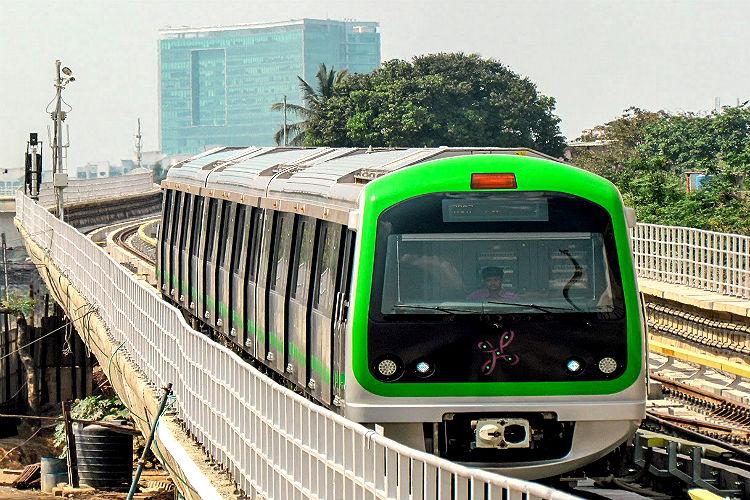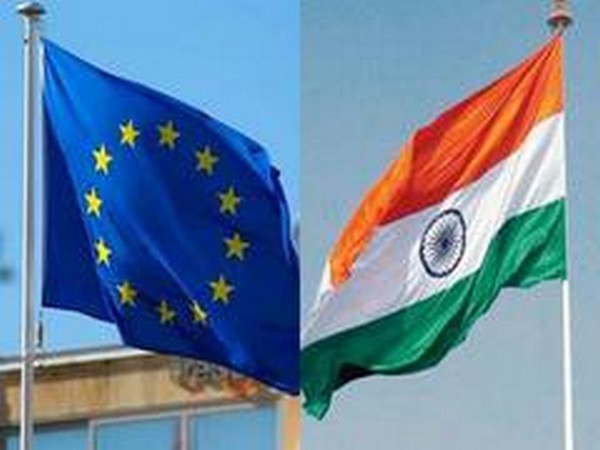A study conducted by a team of American and Indian researchers as randomized Covid-19 testing, revealed that as much as 44.5% of Karnataka’s population was infected with Coronavirus by August end.
This study stands in complete difference to the sero-survey conducted by state’s officials which estimated 27.3% of the state was exposed to Covid-19. This study reasons out that sero-survey did not have adequate random testing.
The survey known as ‘Karnataka Seroprevalence Study” (KSS) was initiated on June 15 and continued till August 29. Researching through1,907 random households throughout 20 districts of Karnataka, estimated that 3.15 crore residents were Covid-19 positive by the end of August 2020. The number is much higher over a count of 1.93 crore people presently infected or had recovery from Covid-19 as per the government survey.
The chief findings of the survey contradict the general notion confirming that rural areas are also equally impacted like the urban areas due to return of migrants and on-going agricultural activities.
Commissioner of Health Pankaj Kumar Pandey revealed the difference in figures is due to the small sample size taken by KSS.
He said, “A small sample size can skew estimates. Plus the KSS’ use of households sourced from an economic survey can create a distorted picture. The state’s sero-survey results, meantime, have tallied largely with nationwide sero-survey results.”
Associate Professor Manoj Mohanan from Sanford School of Public Policy at Duke, an author from the KSS study said the difference is due to the different strategies used. “We aimed to get at the population-representative sample while the state’s study focused on target-risk groups. This is likely to cause some variation, especially because consent rates are likely to differ,” Manoj said.
He further added, “We relied on the Elisa test for the RBD spike protein that was developed by THSTI while the other study relied on the Covid Kavach Elisa.”
Professor Mohanan indicated that the RT- PCR-positive rates from the sero survey are “slightly higher than the high-end of our estimates for current infection”.
- Melukote – Vairamudi Festival – 2022
- Bengaluru metro to function on weekdays, closed on weekends from July 1
- India provides reciprocal exemption of EU Digital COVID Certificate to include Covishield, Covaxin
- PM Modi will address the Digital India beneficiaries at 11 am tomorrow
- Pvt hospitals will obtain Covid vaccine doses via CoWIN starting from July 1



